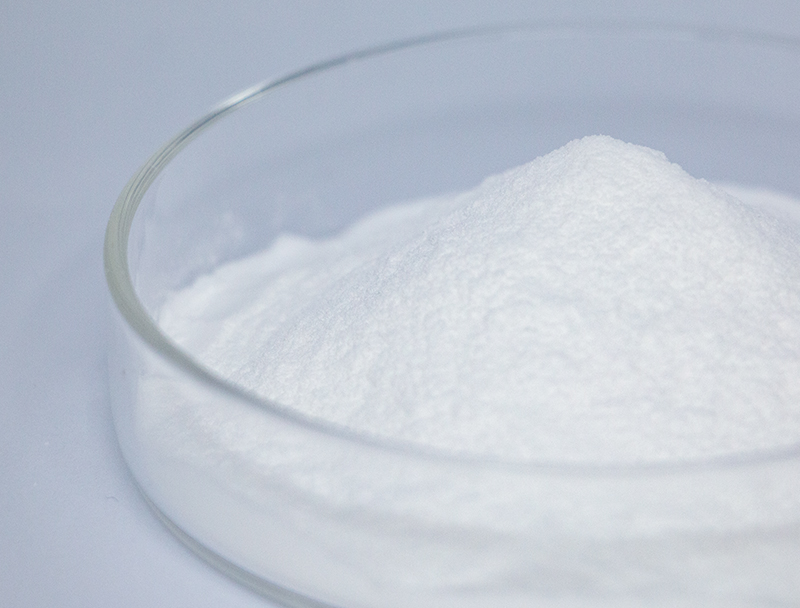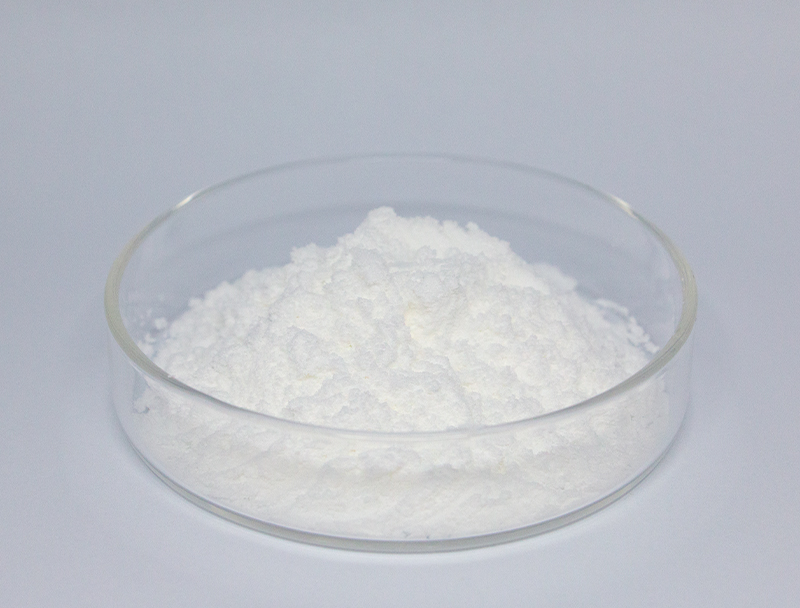
Advanced biosystems are built around a vast array of primary inputs for fabricating next-generation bio-products.
Guaranteeing ethical acquisition of feedstocks forms the foundation of durable, responsible industrial growth.
several issues arising from typical material sourcing such as ecological damage and resource depletion. Accordingly, manufacturers should embrace green sourcing tactics to shrink their ecological impacts.
- Samples of circular procurement methods cover:
- Utilizing renewable feedstocks derived from agricultural byproducts
- Implementing closed-loop systems to minimize waste and maximize resource efficiency
- Connecting with nearby vendors prioritizing responsible supply
Moving toward responsible sourcing creates ecological improvements and economic resilience.
Refining Biomass Sources to Enhance Fuel Conversion
Increasing biofuel conversion efficiency is tied to feedstock composition and condition. Research teams persist in studying techniques to boost feedstock performance, delivering enhanced conversion and a more resilient energy mix. Tactics include molecular breeding to increase biomass and chemical or physical pretreatments to release sugars.
- Similarly, research probes algae, byproduct streams, and harvest remnants as potential sustainable sources to augment biofuel feedstocks.
- Because of continual endeavors biofuel technology is set to attain meaningful progress that supports renewable energy growth.

Enhanced Upstream Strategies for Biopharmaceutical Yield
covers the early phases of biopharma production including culturing and biological harvesting Recent progress has advanced techniques that maximize productivity and increase output.
Important innovations consist of upgraded cell platforms, customized nutrient matrices, and smart bioreactor solutions. These developments raise yield and cut costs as well as diminish environmental consequences.
- In addition, momentum toward nonstop processing offers improved flexibility and optimized operational flow.
- Embracing sophisticated manufacturing strategies is poised to change industry norms and shorten development cycles.

Advances in Gene Editing to Boost Therapeutic Production
evolutions in genetic modification techniques have optimized therapeutic biosynthesis. By implementing targeted gene changes, investigators boost production titers of important biologics. The strategy paves the way toward accessible, high-yield therapeutics across disease spectra.
Using Microbial Systems for Site-Specific Remediation
promising microbial strategies enabling effective environmental cleanup and restoration. Microbial species can metabolize and convert hazardous compounds into benign byproducts.. Harnessing microbe-based degradation fosters cleanup tactics that minimize environmental disruption and residual waste.. Research teams analyze microbial diversity to find candidates that metabolize heavy metals, break down pesticides, and treat oil-contaminated matrices.. The microbes may be applied within engineered reactors or in situ to catalyze pollutant degradation via biotransformation..
Biotechnology-driven remediation delivers notable upsides compared to conventional cleanup tactics. Such strategies are budget-friendly and lessen the creation of harmful byproducts. Also, microbial interventions offer targeted remediation that minimizes collateral ecosystem disturbance. Ongoing innovation aims to boost the throughput and efficacy of microbe-driven remediation approaches.
The Role of Bioinformatics in Drug Discovery and Development
Bioinformatics techniques are integral to present-day therapeutic development workflows. From predictive screening to lead refinement, computational biology underpins more efficient drug pipelines.
- Using extensive genomic, proteomic, and patient data, analysts discover targets and anticipate therapeutic performance.
- Likewise, computational docking and dynamics help design molecules with improved target engagement and potency.
- In the end, informatics-driven methods streamline development and accelerate delivery of therapeutic solutions to patients.
Optimizing Metabolism to Increase Bioproduct Production
utilizes multiple approaches to enhance production of desirable bioproducts in cells. Methods might combine targeted gene changes to rechannel flux, regulatory element design to control expression, and exogenous gene introduction to provide fresh capabilities.. Through strategic metabolic edits practitioners can markedly increase the synthesis of target products.
This multifaceted approach has the potential to revolutionize a broad range of industries, including biopharmaceuticals, agriculture, and bioenergy.

Challenges and Opportunities in Scaling Up Biopharmaceutical Production
Transitioning to higher volumes entails serious complications and potential rewards. Maintaining consistent product attributes with scale-up remains a central difficulty. Tackling it demands tightly integrated control systems, precise surveillance, and state-of-the-art analytics.

Complexity in multi-step biomanufacturing operations presents ongoing operational challenges.. Reengineering workflows for mass production involves rigorous R&D and inventive technology deployment.. However, the potential rewards are substantial. Successful industrialization can broaden availability, trim costs, and raise profitability.
Challenges are being addressed through a number of initiatives. Initiatives involve optimization platforms, high-resolution analytics for process control, and novel manufacturing frameworks.
- Development efforts are also playing a crucial role in advancing biopharmaceutical production capabilities.
- Regulatory bodies are modernizing pathways to accelerate approval of advanced production technologies and support innovation.
Charting Regulatory Pathways for Biologics to Safeguard Patients
Bringing biologics to market involves rigorous regulation designed to protect patients and confirm therapeutic benefit. Biologic therapeutics bring unique regulatory and manufacturing demands unlike traditional pharmaceuticals.
Agencies like FDA and EMA develop frameworks and criteria for validating and approving cutting-edge biotherapies..
Strict validation and testing steps are required across the product lifecycle from lab studies to post-market oversight.. Those requirements help reveal risks and confirm that biologics satisfy stringent safety criteria..
Also, governing institutions evolve their strategies to respond to swift advances in biopharmaceutical science.. Initiatives cover incorporating new methods α-Ketoglutaricacid and supporting faster development while ensuring patient protection.

Assessing Plant Biomass Pathways for Bioplastic Innovation
The growing need for sustainable materials has led to a surge in research and development of renewable options. Bioplastics produced from plant biomass form a compelling option for lowering environmental footprint. Renewable inputs including cornstarch, cellulosic matter, and sugarcane biomass can be processed into biodegradable plastics that minimize long-term pollution.
Additionally, many plant-based bioplastics show performance characteristics similar to conventional plastics for numerous uses.. Sustained research efforts are necessary to optimize plant feedstocks for mass bioplastic production and enable circularity.
Biotechnology's Potential to Transform Health and Food Supply
Biotech innovations hold promise to dramatically impact health and the reliability of food systems. Via genetic modification, synthetic design, and therapeutic cell technologies, researchers build solutions to control infections, increase crop productivity, and enrich food quality.. Consider genetically enhanced crops that resist pests and environmental stresses to improve production and reduce pesticide reliance.. Also, biotechnological innovation fuels development of immunizations, antimicrobial treatments, and diagnostic platforms vital for disease control and population health.. With ongoing research, biotech is positioned to enable broad improvements in health and food security that serve global populations.
